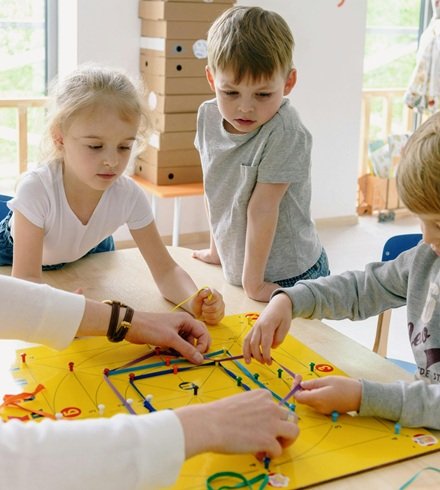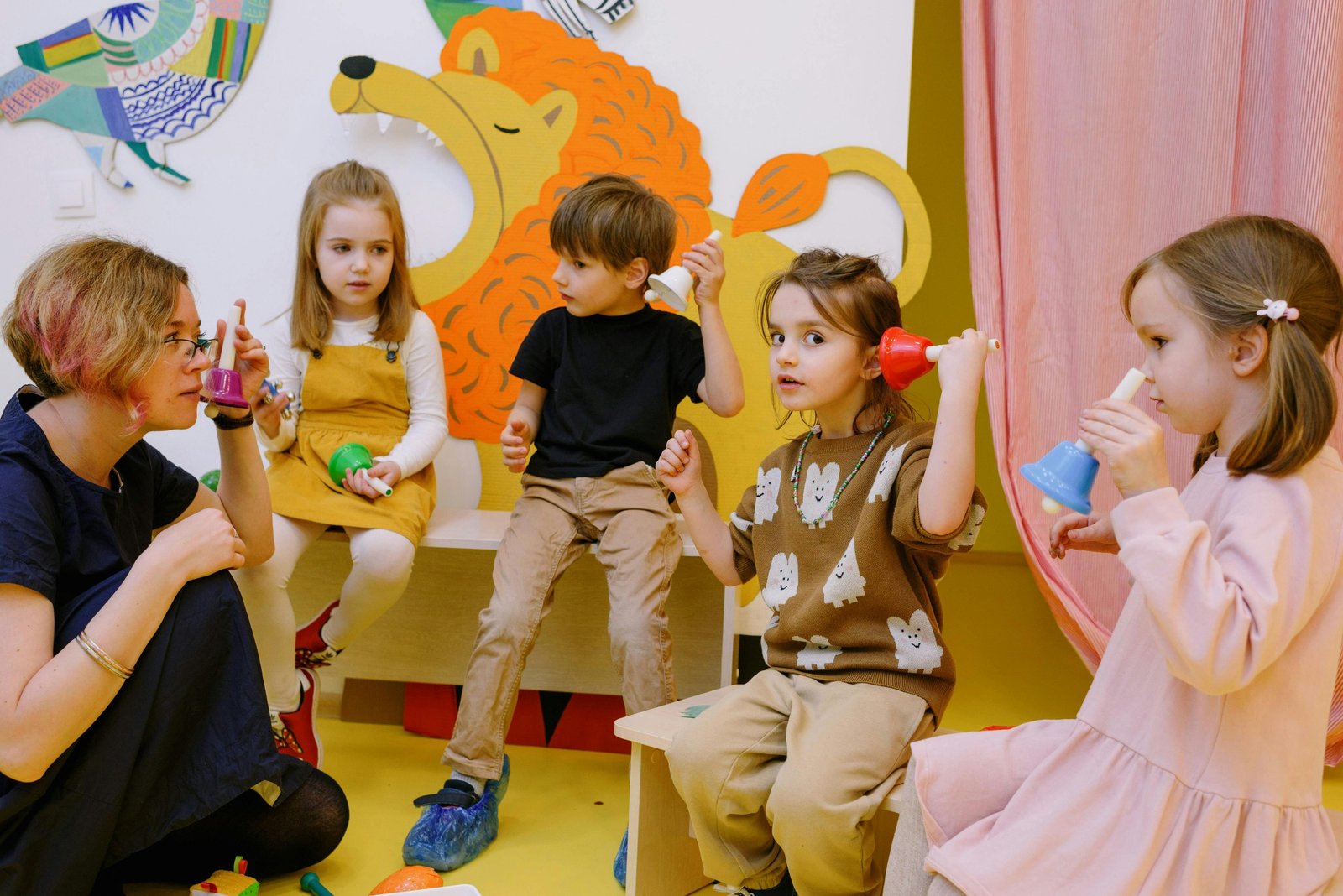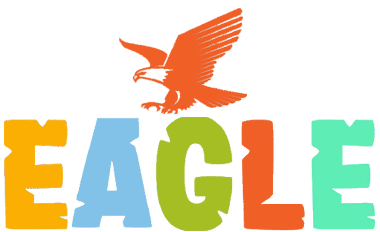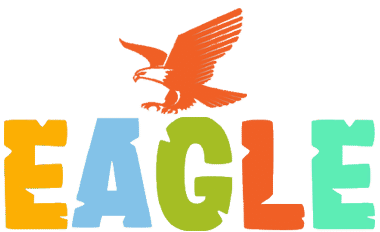
Why Start Teaching Languages at an Early Age?
In today’s interconnected world, multilingualism is a significant asset, offering cognitive, social, and professional benefits. Early language learning not only enhances communication but also shapes children into globally aware and culturally adaptable individuals. Teaching children languages at a young age helps them grasp concepts more naturally and sets the stage for lifelong learning.
Benefits of Early Language Learning
Improved Cognitive Development
Learning multiple languages enhances brain function, leading to improved problem-solving, memory, and creativity.
- Stronger Memory Skills: Children exposed to languages early retain information better, benefiting other areas of their education.
- Enhanced Focus and Multitasking: Bilingual children develop the ability to switch between tasks and manage distractions effectively.
Increased Cultural Awareness and Global Perspective
Introducing children to different languages fosters understanding and respect for diverse cultures.
- Broader Worldview: Learning a language opens doors to understanding traditions, history, and values of other cultures.
- Social Connection: It enables children to communicate with a wider range of people, fostering inclusivity and empathy.
Boosted Academic Performance
Learning languages early enhances overall academic abilities, including in areas like math and science.
- Improved Problem-Solving Skills: Multilingual children develop advanced critical thinking and analytical skills.
- Enhanced Reading and Writing: Understanding linguistic structures boosts literacy skills in both their first and additional languages.
Easier and Faster Language Acquisition
Children’s brains are more receptive to language during their early years.
- Natural Learning Ability: Young children mimic sounds, grasp grammar, and pick up vocabulary with minimal effort.
- Accent-Free Pronunciation: Starting early helps children achieve near-native fluency and pronunciation.
Better Career Opportunities in the Future
In an increasingly globalized world, being multilingual is a valuable professional skill.
- Increased Employability: Proficiency in multiple languages gives individuals a competitive edge in various industries.
- Adaptability to Global Markets: Multilingual individuals are better equipped to collaborate in international environments.


How Do We Teach Languages in Our School?
At our school, we ensure language learning is a fun and immersive experience:
- Daily Communication Practice: Children are immersed in English, French, and Arabic through structured lessons and casual interactions.
- Interactive Lessons: Activities such as role-playing, storytelling, and language games make learning engaging and effective.
- Cultural Integration: Festivals, songs, and stories from different cultures are incorporated into the curriculum to make learning meaningful.
Message to Parents:
eaching languages at an early age is a gift that benefits children for life. At our school, we provide a supportive environment where children can learn and practice multiple languages with ease and confidence.You can reinforce this at home by encouraging conversations in different languages, reading bilingual books, or introducing your child to educational shows and games in the languages they are learning.Together, we can unlock your child’s potential and open doors to a world of opportunities.

